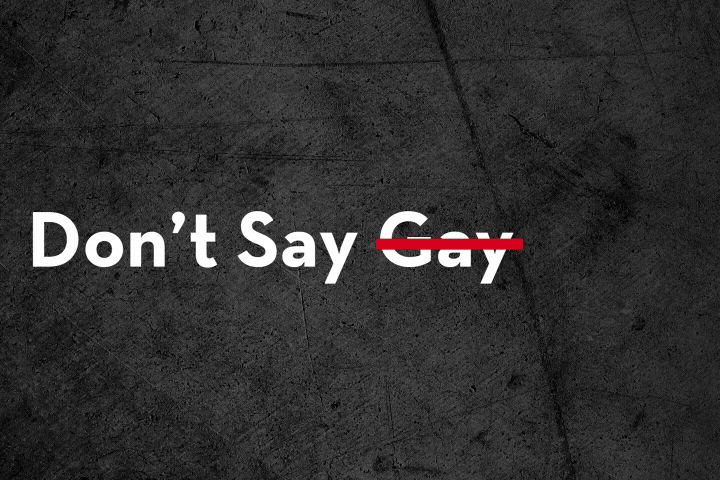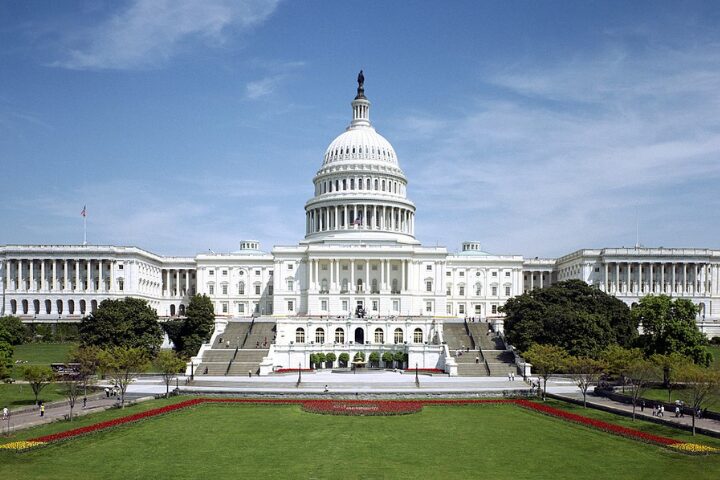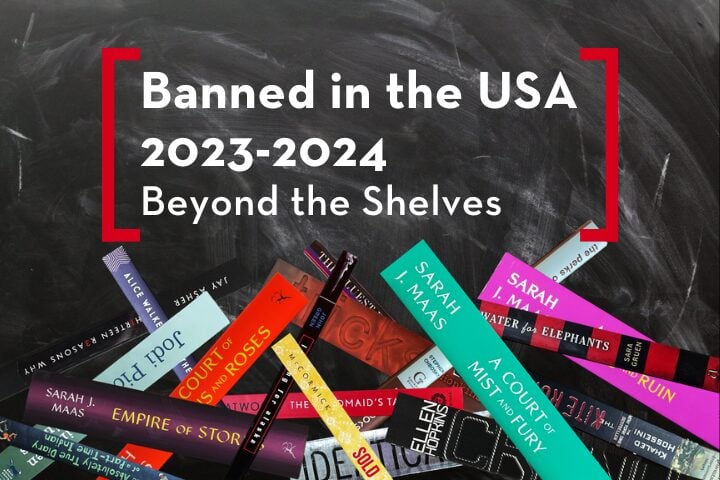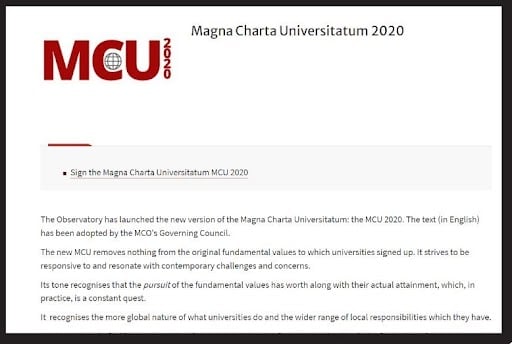By Suzanne Trimel
(NEW YORK)— The recent verdict in a case that has been called one of the most important in American history sent shockwaves through the nonprofit and media communities and raised alarm bells over so-called SLAPP lawsuits by corporations that are brought to intimidate, harass, or silence individuals or groups who speak out on matters of public interest.
On March 19, a jury in a North Dakota state court held the environmental group Greenpeace liable for more than $660 million in damages over the claim by Texas-based pipeline company Energy Transfer that Greenpeace orchestrated the Indigenous-led protests against its Dakota Access Pipeline nearly a decade ago. Critics responded with outrage over a verdict that they view as a renewed push by corporations to weaponize the courts and libel law with SLAPP (Strategic Lawsuits Against Public Participation) lawsuits to silence constitutionally-protected dissent and protest rights. If upheld on appeal, the verdict in this case could bankrupt Greenpeace’s U.S. operations.
PEN America last week joined a friend of the court brief filed in the federal 9th Circuit Court of Appeals by the Reporters Committee for Freedom of the Press and 24 other media organizations, including The New York Times, National Public Radio, Pro Publica, and other major news organizations and media-related nonprofits. Lawsuits can obviously inflict financial harm on news organizations and the threat of damage can force them to abandon reporting that holds the powerful to account. The plaintiffs in Gopher Media LLC v. Melone argued that California’s anti-SLAPP law should be applied in federal court. (North Dakota, where the Greenpeace lawsuit was heard, does not have an anti-SLAPP law.)
California’s anti-SLAPP law affords a crucial right to defendants who prevail on a special motion to strike a case that seems clearly designed to chill core protected speech: they can get a case dismissed early on if they prevail and recover attorney’s fees and costs, a right that is important in deterring meritless lawsuits targeting speech. That would compensate journalists, news organizations and others named in such suits and make it possible for them to continue holding powerful interests legally accountable.
Defending even meritless cases can cost millions of dollars, which is punishing even for larger news outlets and organizations, and completely disabling for smaller, local news organizations. The powerful interests that try to suppress criticism attempts to hold them accountable will try to bring cases in the federal courts located in a given state if they think those federal courts won’t apply the anti-SLAPP laws that the state courts would. These cynical actors can often choose which court they bring a lawsuit into. We shouldn’t give them this loophole.
Eileen Hershenov, deputy CEO and chief legal officer at PEN America, said: “The point of these lawsuits is to shut down critics by making it too costly for them to continue their reporting or advocacy. Many meritless cases are being brought not only by private individuals but by public figures such as President Trump, who has said that he has intentionally brought litigation to chill and tie up his critics in court even when he knows the lawsuit has little if any chance of winning.”
Anti-SLAPP statutes are a crucial protection to help maintain and foster a vibrant independent press. Today, they are even more important as we find ourselves in an environment where there has been an uptick in baseless and even bad-faith lawsuits against news outlets, individual journalists as well as against advocacy groups.
President Trump has sued various news organizations including the Des Moines Register, its parent company Gannett, and its former pollster, along with ABC News, CBS, CNN, and book publisher Simon & Schuster. ABC settled a defamation lawsuit brought by the president for $15 million. In November, Trump filed an FEC complaint against The Washington Post, claiming it conspired with the Harris campaign to boost readership of negative articles about him.
Hershenov said: “Not only does that cost money that many news outlets, not to mention individual journalists, don’t have — even if they will ultimately prevail — but it also can involve efforts to force journalists to disclose confidential sources where the underlying suit has no merit.”
On the positive front, 35 states plus the District of Columbia, have anti-SLAPP laws. That’s so important as a counter to weaponizing libel and other types of cases against journalists and public interest advocates. But without a federal anti-SLAPP law plaintiffs in lawsuits can continue to “go shopping” to choose courts in jurisdictions based on which states do or don’t have anti-SLAPP laws.












